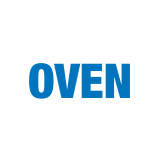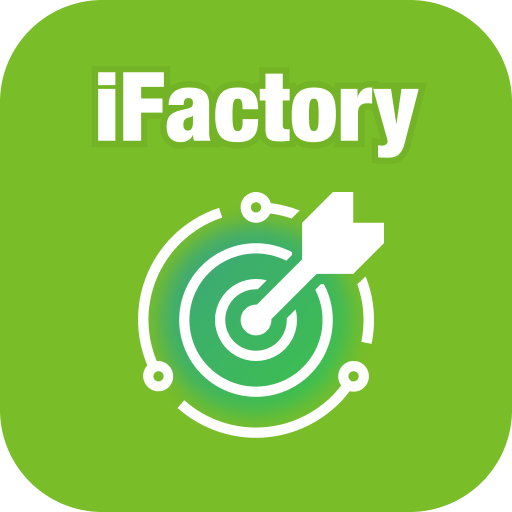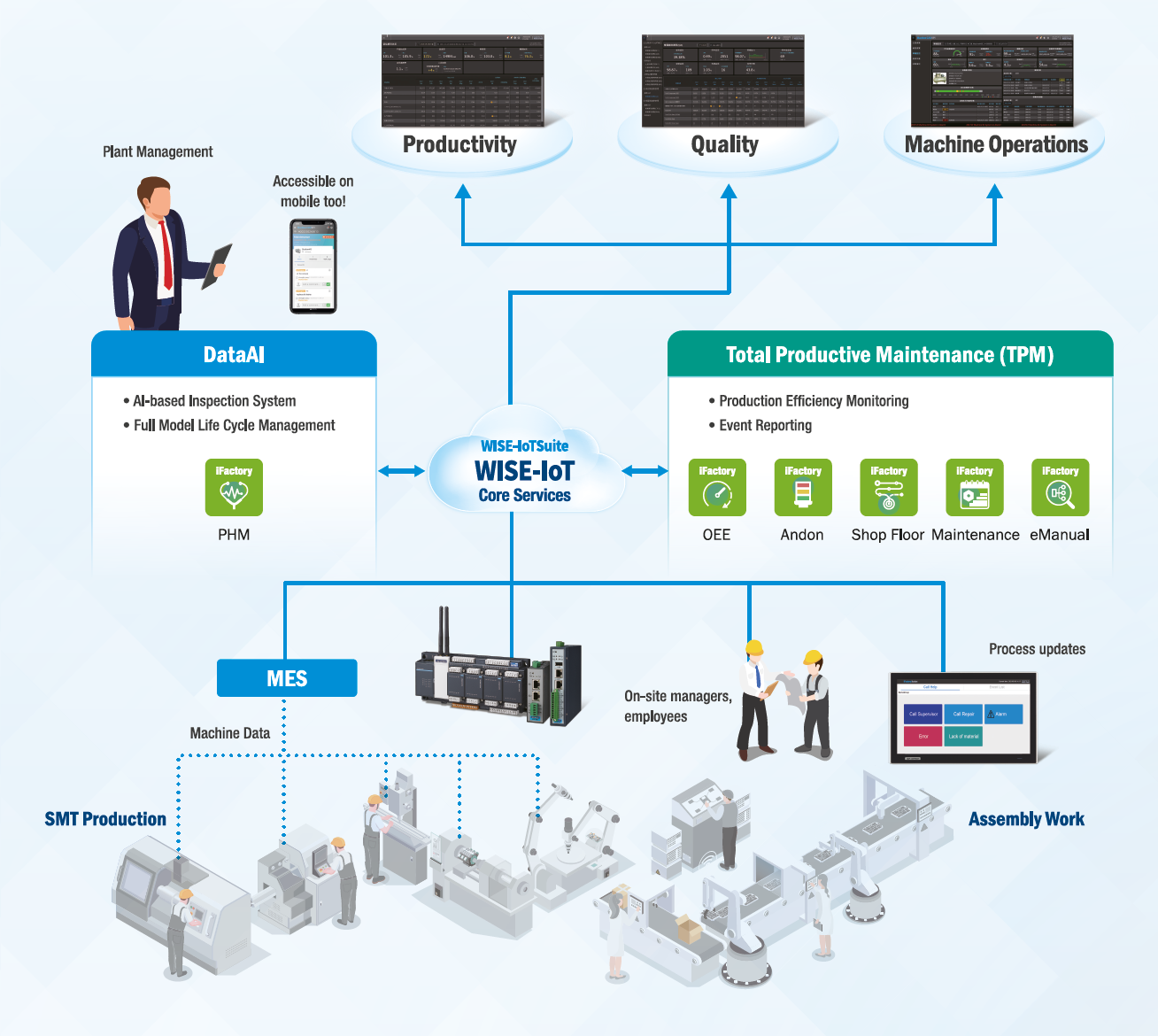Digital transformation in the PCB industry will be at the forefront of the times
From manual production to mass production. We have now entered an era where machines communicate with each other through IIoT or M2M communication, continuously sharing data. The accelerating pace of industrial transformation forces PCB manufacturers to be at the forefront of innovation to maintain competitiveness. They must not only adapt but also anticipate future needs. Industry 4.0 has fundamentally changed how businesses operate, and this natural extension of the last industrial revolution also affects the PCB (Printed Circuit Board) industry.
Challenges in PCB Industry Management
- 01
Complex Processes
- More process stages than other industries, involving both dry and wet processes.
- Difficult to manage complex processes due to lack of traceability, leading to inefficiency.
- Lack of parameter management during mass production, relying on manual settings.
- Insufficient transparency in production management.
- 02
Multiple Equipment Types
- Multiple PCB equipment types (exposure/drilling/cutting/plating, etc.), diverse equipment brands, making data collection difficult.
- Manual maintenance and equipment instability lead to inconsistent product quality.
- Complex and poorly planned equipment maintenance processes result in reduced actual production time.
- 03
Multiple Industrial Safety Incidents
- Insufficient fire response capability due to lack of real-time monitoring and alarm systems in factories.
- Improper wastewater/waste gas management easily causes environmental pollution and fines, severely leading to production shutdowns.
- Lack of transparency in equipment energy (water/electricity/oil/gas) information leads to increased production costs.
- 04
Tier-1 Customer Requirements for Operation and Defect Data
- PCB manufacturers face increasing pressure as they must provide increasingly detailed data for every finished PCB unit produced in their facilities.
- Customers can use data with the highest granularity across the entire supply chain to quickly identify, track, and eliminate PCB defects.
PCB Industry iFactory Digital Operations Center
The PCB Industry iFactory solution suite helps PCB manufacturers capture critical data more quickly and accurately measure and monitor PCB processes at different production stages, enabling managers to make more informed decisions.
Advantages
- 01
Growth-Oriented
- 02
Flexibility and Agility
- 03
Technology-Driven
- 04
Innovation Capability
Solution Suite I.Apps

DES Aqua Monitoring
Develop-Etch-Strip (DES) is a PCB process for inner and outer layers that requires different types of module configurations. Typical inner layer circuits start with the develop process, which typically removes unexposed photoresist. In the etch module, acidic etching solution is sprayed on the exposed bare copper, then etched to the substrate. Aqua is specialized equipment that controls chemical stability to reduce defect risks. The DES i.APP is used to collect sensor inputs to monitor the process.

Water Treatment Monitoring
Usually we can visually inspect equipment operation data for wastewater and drainage, but it's difficult to obtain real-time operational status. To establish accurate and reliable parameters (such as pH, COD, ammonia nitrogen, total copper, flow rate, conductivity), reliable intelligent early warning information must be provided. Real-time automatic collection of equipment data and establishment of a central control platform query interface allows users to control real-time water information and set alarm limits. If data exceeds limits, buzzer alarms and reminders will be automatically executed.

Oven Process
Control ovens based on internal temperature values through internal sensors and control systems. The hot air circulation heating method of industrial ovens provides better airflow, accelerating material drying speed in industrial ovens. After ink printing, soldering, or protective coating application, semi-finished products must be sent to ovens for drying at appropriate time and temperature. The Oven i.APP is used to effectively monitor actual oven temperature and avoid improper control.

Real-time Statistical Process Control
Predict abnormal trends in production processes, take timely measures to eliminate abnormalities, and restore process stability. Apply statistical analysis techniques to monitor automated equipment production in real-time. Distinguish between random fluctuations and abnormal fluctuations in product quality during production processes based on data analysis.
System Architecture for PCB Industry Management

DFSI Co-creation Partners
Industrial Internet of Things (IIoT) encompasses the integration of big data, cloud, and AI applications. To cater to this trend, Advantech collaborates with industry expert system integrators (DFSI) to develop IoT industry-specific Apps (I.Apps).